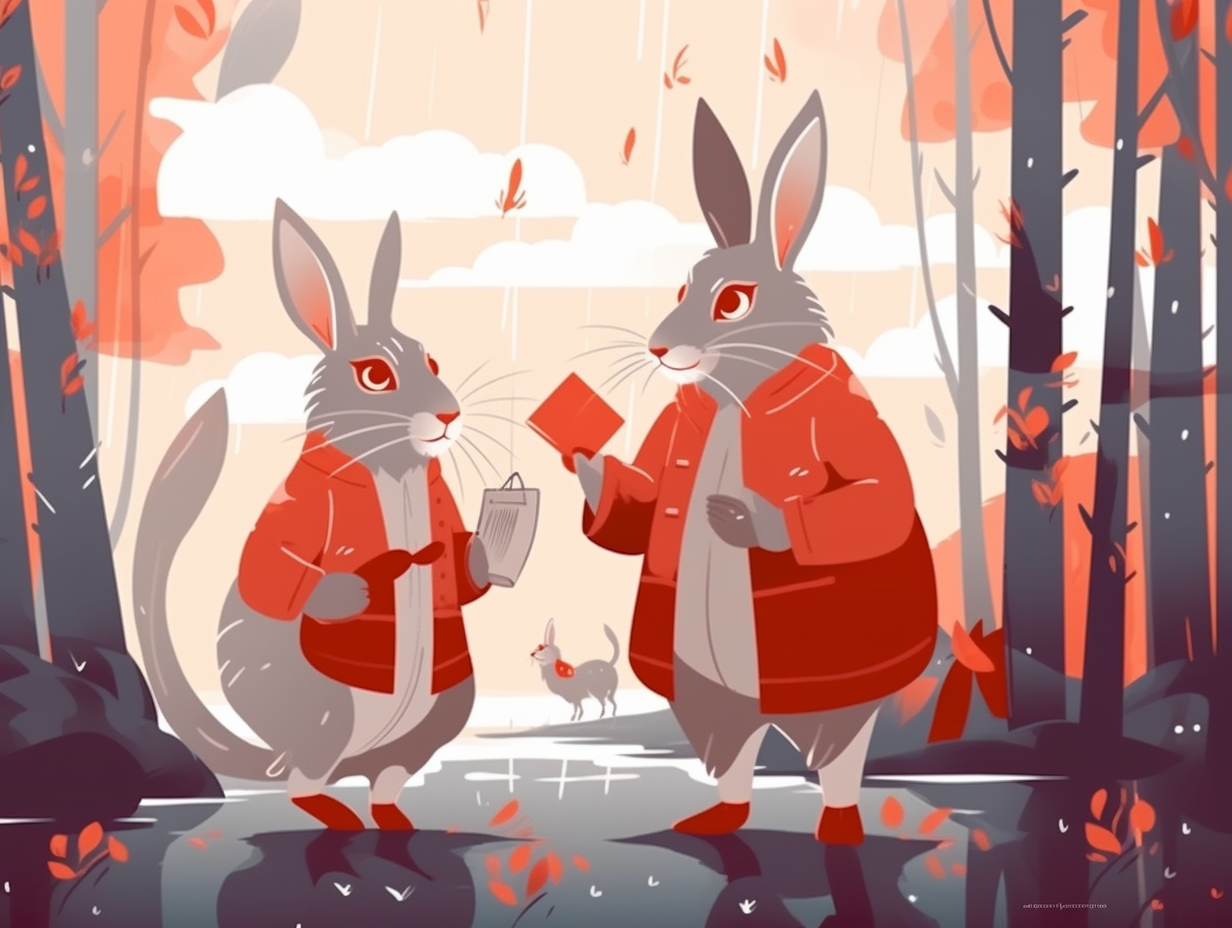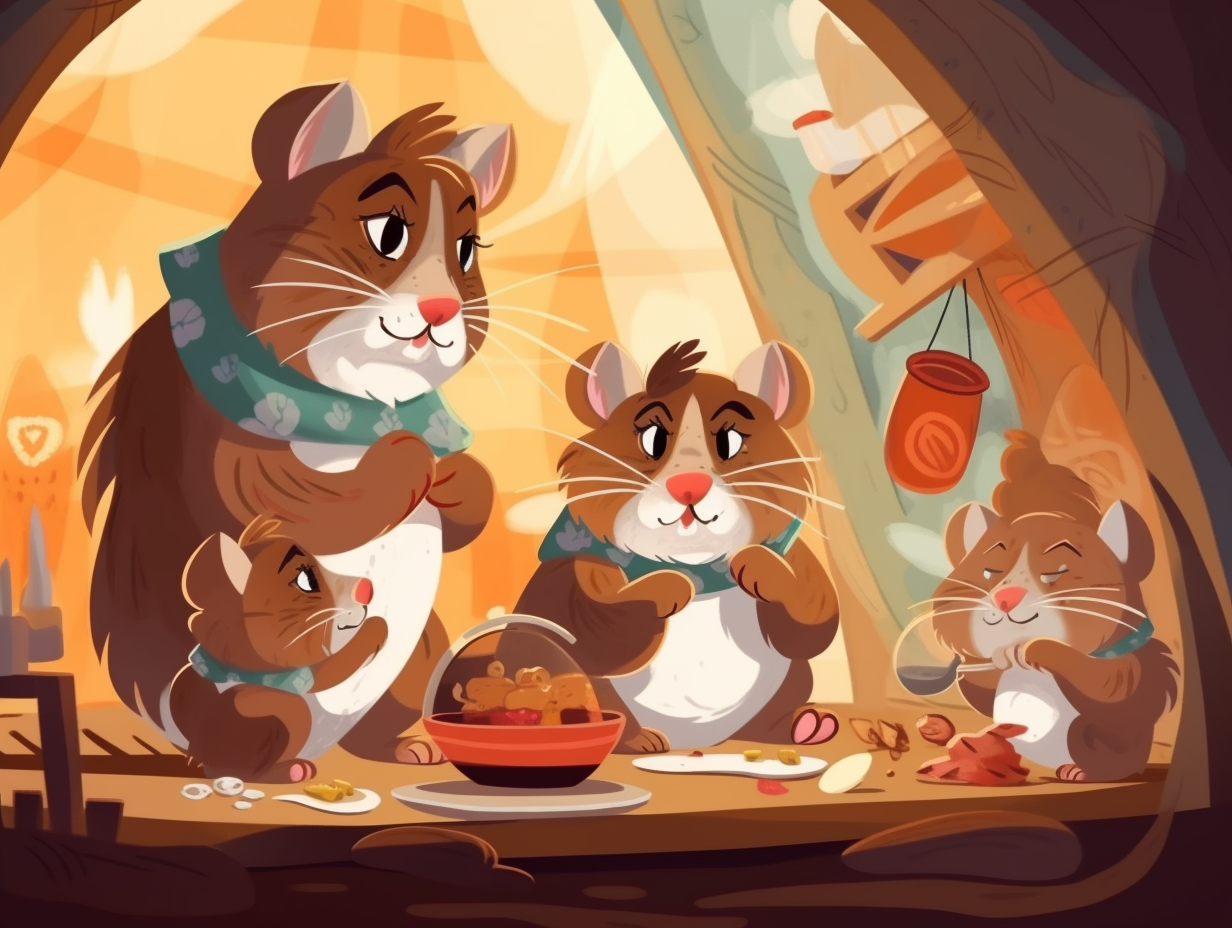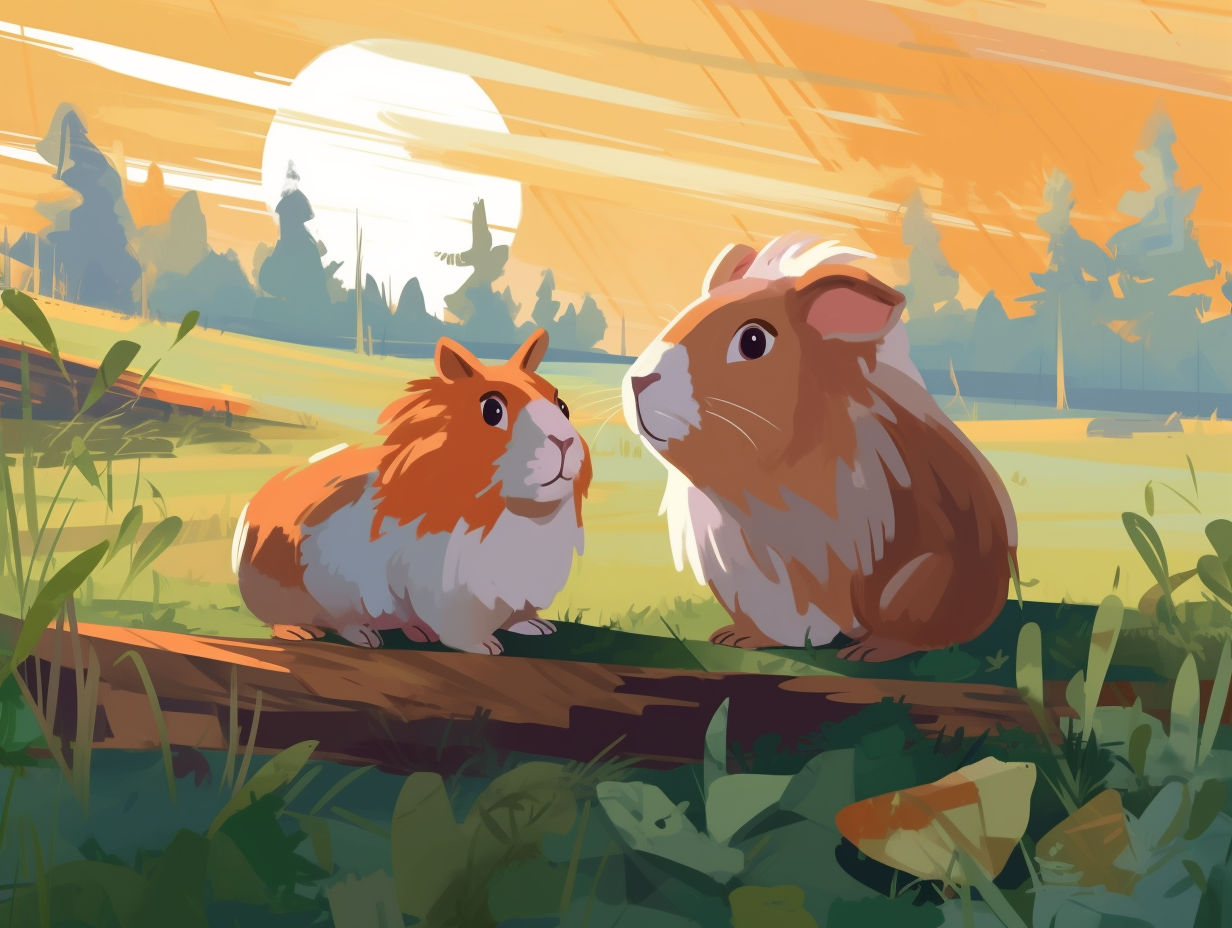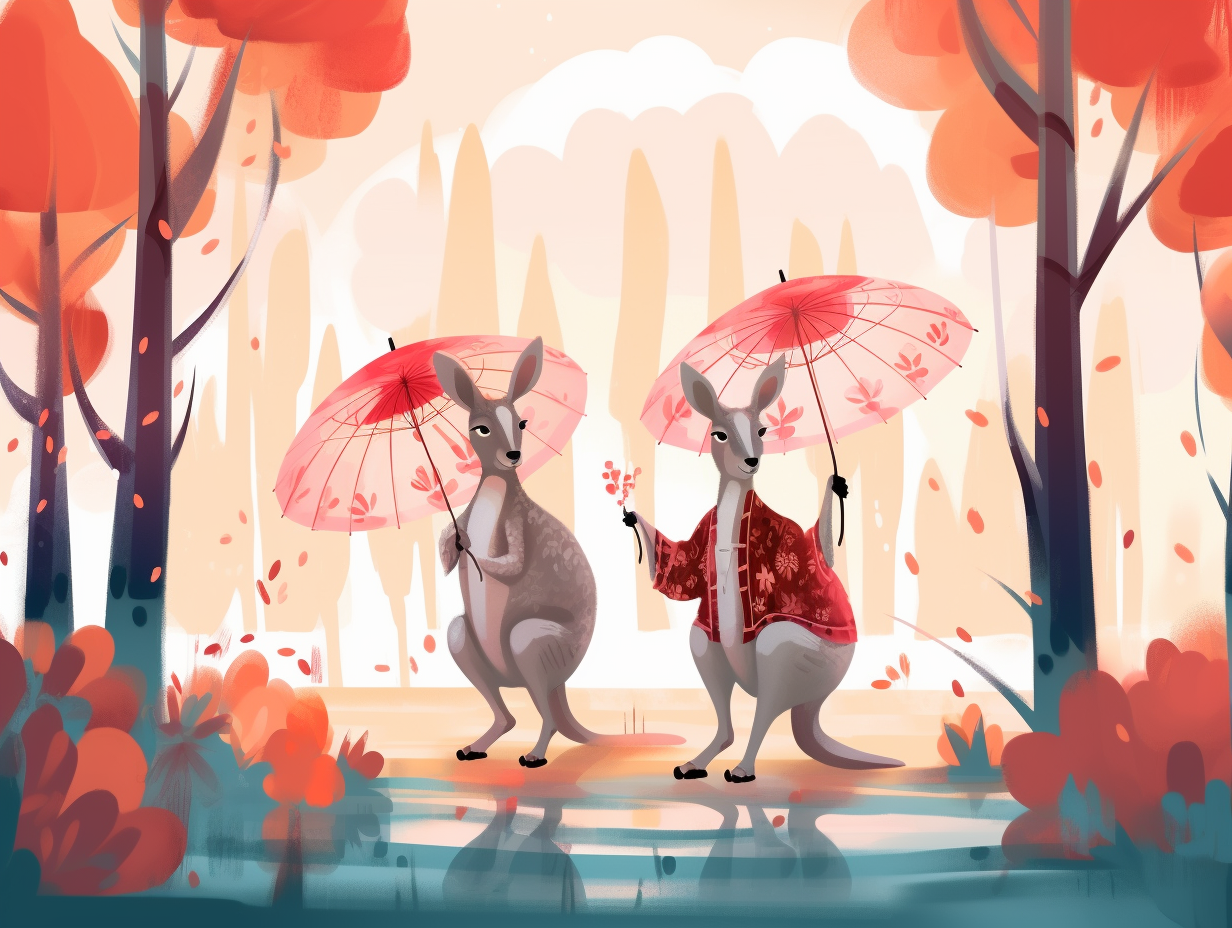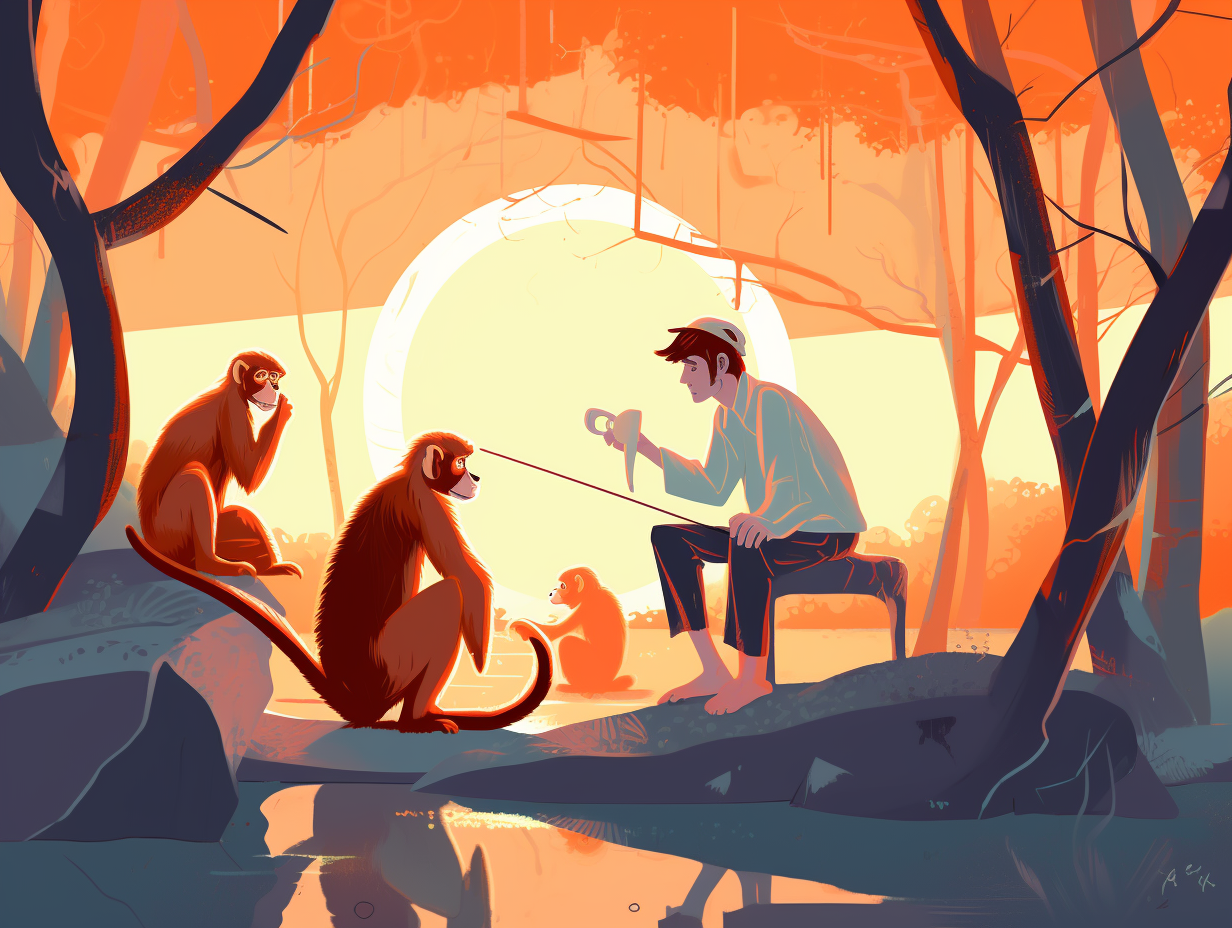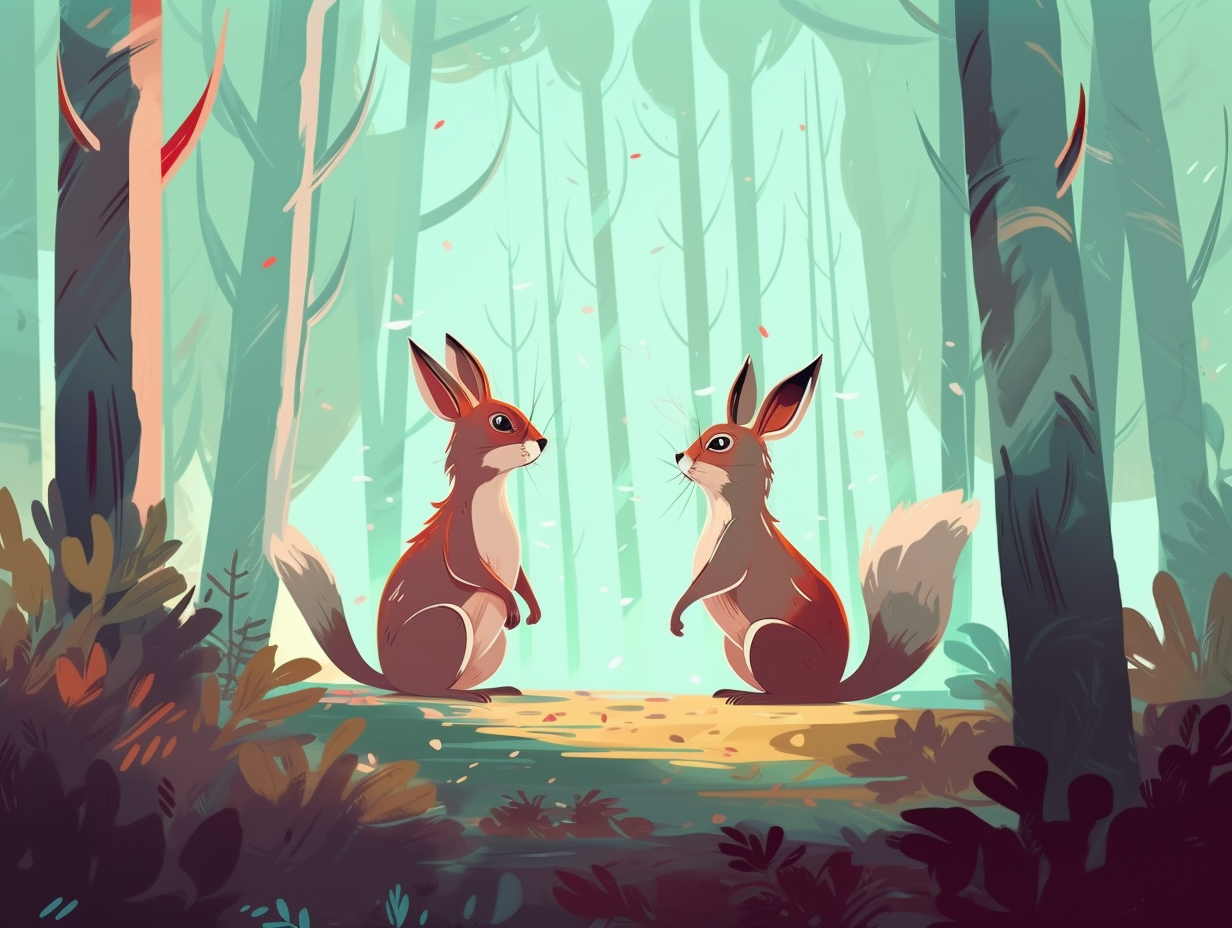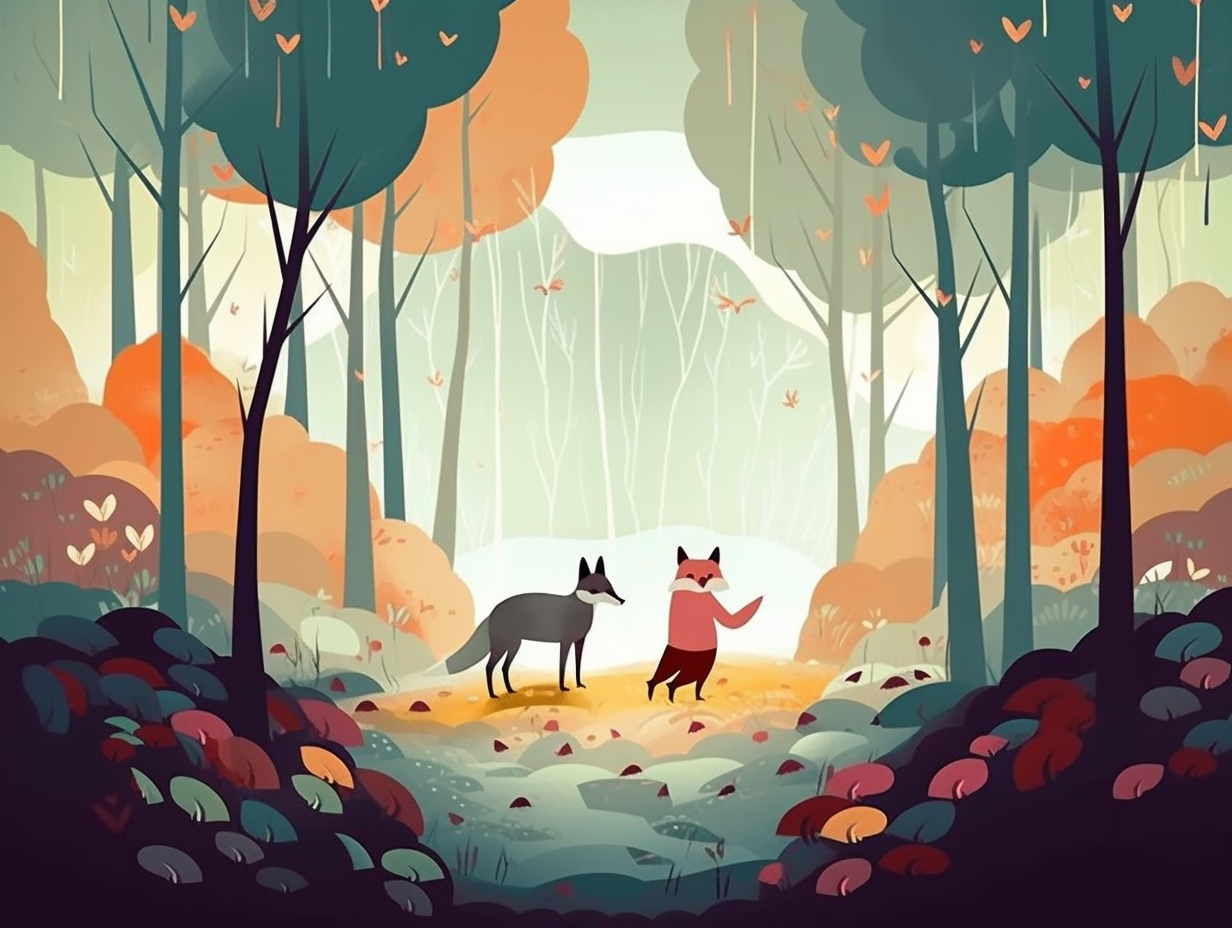Discover the Top 14 Paw-some Fun Facts About Pets That Will Make You Smile!

1. Ice Age Humans Domesticated Dogs with Table Scraps
Who let the dogs in? Ice Age humans with some spare ribs: Researchers from the Finnish Food Authority suggest that feeding wolves table scraps may have been crucial in transforming them into domesticated dogs in the Ice Age. By sharing excess lean meat during winter, hunter-gatherers may have formed a mutually beneficial relationship with wolves, leading to the evolution of the docile, hunting and guarding dogs we know today.
Source => cnn.com
2. Tail-Chasing Dogs: More Than Just a Silly Hobby
Chasing tails isn't just a dating game dilemma, it's also Fido's twisty-turny hobby: Surprisingly, a study of over 400 YouTube videos featuring tail-chasing dogs revealed that one-third of the furry gyrators exhibited compulsive or habitual behavior, unbeknownst to their amused owners who were too busy laughing in 55% of the videos.
Source => ncbi.nlm.nih.gov
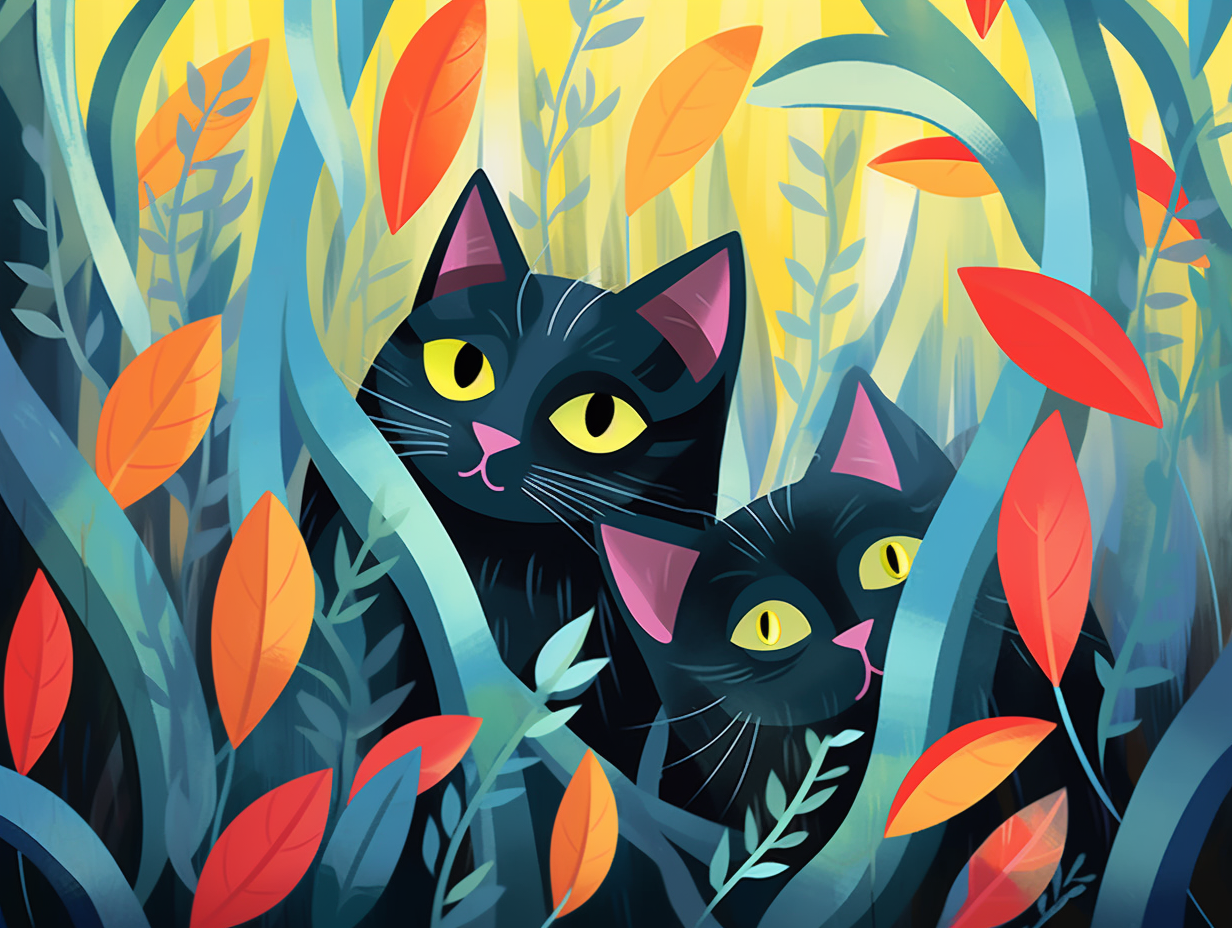
Did you know cats can't sweat? Discover their unique methods of staying cool, from self-grooming to finding the perfect chill spots! 🐱❄️
=> Fun Facts about Cats
3. Fishtastic Memories: Fish Recall Food Associations
If you thought fish had a memory worse than your grandma misplacing her glasses every hour, you've got them all wrong: Recent research shows that fish actually have quite impressive long-term memory, as proven by Israeli scientists linking a sound to feeding time and seeing the fish recall the association after months, and a 15-year-old Australian student showing fish could still remember an association between a beacon and food after six days.
Source => telegraph.co.uk
4. Parrots: Longevity Behind the Feathers
Forget jailbirds—parrots have a life sentence of their own: With proper care, these feathery chatterboxes can live up to 80 years, making them some of the longest living pets around!
Source => learnaboutnature.com

5. Cats' Napping: The Secret to Energy Conservation
Your cat isn't just another sleeping beauty, napping on a "purr"l of a soft-cushioned surface like the princess she thinks she is: In actuality, cats conserve energy by sleeping 15-20 hours a day for hunting and activity periods, as well as using rest as a method to manage stress or illness.
Source => dailypaws.com
6. Doggy Scent-sational Surveillance: Unparalleled Sniffing Skills
Who let the dogs sniff? Sniff, sniff, sniffaroni, sniffersnappers! They sniff our shoes, sniff our bags, sniff our hearts out – it's almost like they have their own subscription to Nosey Parker's Weekly: Dogs possess over 100 million sensory receptor sites within their nasal cavities, which allows them to detect scents 1,000 to 10,000 times better than us. This super-sniffer skill helps them gather intel on our genders, moods, diets, and even our addresses—now that's what we call "scent-sational" surveillance!
Source => vcahospitals.com
7. Saving Wildlife from Your Feline Indiana Jones
Hold on to your whiskers and prepare for an astonishing feline frenzy: Cats in the UK are responsible for capturing 100 million creatures during the balmy spring and summer months, with 27 million of those being our feathered friends! To save the local wildlife from your cat's inner Indiana Jones, just jingle their wardrobe with a collar bell, elevate the bird feeders, and schedule some indoor time during peak bird and mammal vulnerability. Raising playtime stakes will send your cat on a secret mission of its own, no hunting license required!
Source => purina.co.uk
8. Winter Skating, Oxygen-Stealing Ninja Turtles
Hold onto your shells, because turtles have a hidden winter talent: they become ice-skating, oxygen-stealing ninjas! This stealthy survival skill allows them to endure frigid ponds for months by inhaling oxygen through their cloacal regions, a well-vascularized area used for both respiration and waste elimination, thereby eliminating the need to rely solely on their lungs.
Source => pbs.org
9. Hopping Memories: Bunnies Never Forget Their Human Friends
Bunny BFFs: Memory Hopping Through Time! Despite their cotton-tailed demeanor, rabbits are the Mnemosyne of the furry world. Never forgetting their human comrades, rabbits can recall faces, scents, and voices - even after long absences: A hare-raising fact, but these fluffy fuzzballs possess keen memory skills, recognizing their owners through facial features, body odor, and voice tone. Plus, they can sense your emotions and respond accordingly, so hop to bonding with your bunny buddy—they won't forget you!
Source => rabbitcarebox.com

10. Hamsters: Storage Solutions to Keep Marie Kondo Satisfied
When you think of cheeky rodents with storage solutions that would make Marie Kondo green with envy, look no further than hamsters: These furry little critters have cheek pouches that stretch all the way to their shoulders, allowing them to carry food and bedding with remarkable efficiency, and have even become study subjects in research facilities due to these unique characteristics.
Source => thesprucepets.com
11. Inflatable Bird Bones: Just Add Air for Flight
Birds and their bones have mastered the art of "inflatable" skeletons – just add air, and they're ready to take off (pun intended): Contrary to popular belief, the hollow nature of bird bones doesn't make them lighter, but rather serves to enhance their structural strength and oxygen intake efficiency for flight. Penguins, loons, and puffins, on the other hand, retain solid bones for deep dives, proving that nature always has a purpose up its sleeve.
Source => montananaturalist.org
12. The Fascinating World of Polydactyl Cats
Step aside, Count Dracula: cats have their own finger-counting fascination! Polydactyly, a genetic condition that bestows felines with surplus toes on their front and/or hind feet, stems from an autosomal dominant gene defect and graces various cat breeds. The extra digits can range from soft tissue scraps to perfectly operational little toe-beans, but be warned – seemingly superpowered paws might also come with functional hiccups and injury-prone additions. While some covet these many-toed marvels, International Cat Care purrs a word of caution against breeding polydactyl kitties on purpose.
Source => icatcare.org
13. Classical Music - Canine Stress Busters
Who let the Bach out? Canine karaoke enthusiasts, take note: Studies suggest that classical music has a calming effect on dogs in stressful environments, like shelters or veterinary hospitals, although the best type of music for Fido's bonding and relaxation may depend on their individual preferences and characteristics.
Source => ncbi.nlm.nih.gov
14. Glofish: The First Transgenic Species in Nature
When life gives you Glofish, make genetically modified lemonade: These fluorescent zebrafish might seem like a sci-fi novelty at first, but they've actually managed to escape fish farms in Brazil, making them the first transgenic animal species to establish themselves in nature, posing a potential threat to the biodiversity of the Atlantic Forest.
Source => science.org
Related Fun Facts


